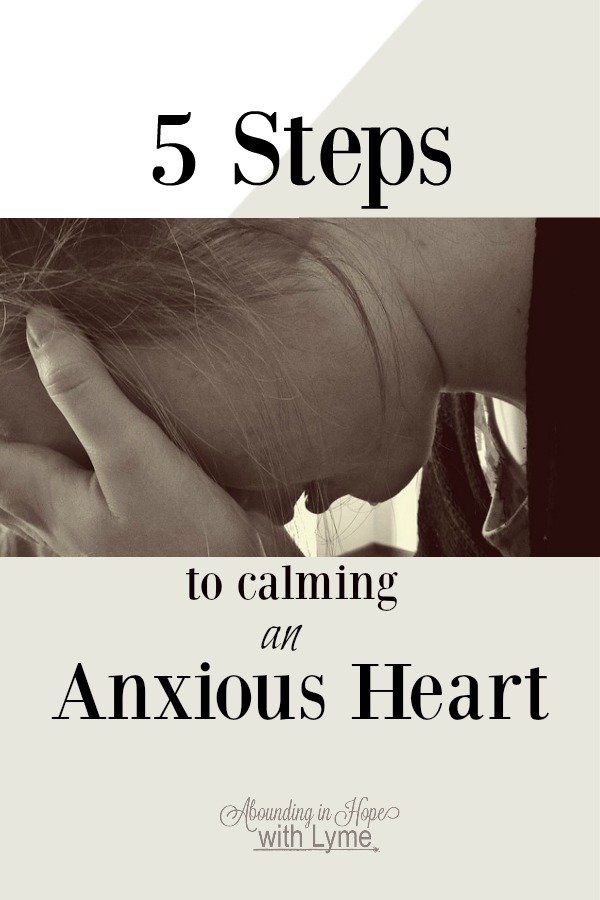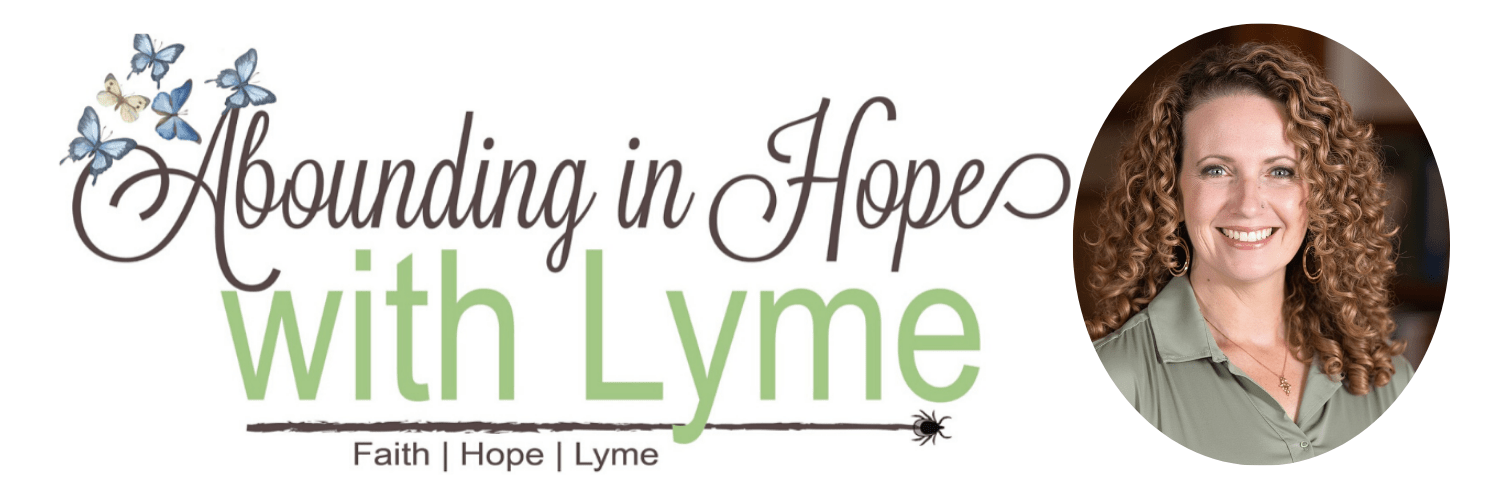I recently had to have an MRI for my wrist, nothing related to Lyme I just injured it trying to move a cabinet that was way too heavy. I’ve never had an MRI but I figured it wouldn’t be a big deal, they’d just slip my arm in and everything would be good.
The tech, however, pointed to the table and proceeded to tell me to lie down as he draped a blanket over me. As we were discussing why I couldn’t just put my arm in the MRI (because that techy side of me really wanted to know) he pushed the button that caused me and the table to go into the MRI tube much too fast for my liking.
Surprisingly, I found myself going into a slight panic. The table was the highest it could go and I’m sure my nose could have touched the top of the machine. Thankfully my head was just perfectly lined up with the outside edge of the tunnel so that I could still see out.
Tim, the tech, noticed that I completely stopped talking to him and that I was breathing rather heavily. He asked me if I was OK, reassured me that I wasn’t going in any further and offered me headphones and my favorite radio station as a distraction.
Along the Lyme road, anxiety has been an unwanted roommate in my heart. When I first read a description of what Lyme bacteria is and that I probably had other bacteria and parasites I felt more than anxious at that thought of those bugs inside of me.
Sometimes I felt as though I couldn’t breathe. As we diagnosed each of our children with Lyme and coinfections that anxiety began to increase.
Learning that the cost of Lyme treatment was almost completely out of pocket also brought great anxiety which sometimes turned to depression.
Anxiety is a symptom of tick-borne infections and I was already having panic attacks for no reason, tack on the added stresses of life, parenting and chronic illness and it was beginning to get out of control.
Here are 5 things that may help you get a grip on anxiety.
1. Don’t make light of it!
When you or someone in your life is having anxiety, they’re not thinking straight so telling them to get a grip or get over it isn’t going to work. It may actually exasperate the situation and increase the anxiety.
2. Breathe.
When you first realize you’re having anxiety try to get to a place where you can sit down and take some relaxing breaths. Practice focused breathing, taking slow deep breaths in and out. Close your eyes if it helps.
3. Talk to someone.
My husband would always be the first person I would talk to. He would remind me that everything is going to be OK. He reminded me of God’s love for me and that God will take care of me, that God would provide for us and that I can trust Him. He really likes little quick sayings that are easy to remember so he would say, “feed your faith, starve your fear.” I was comforted by this but it didn’t always help my anxious heart.

My friends were also helpful when working through my anxiety. They were available to me, to listen, to encourage and to pray with me. A real friend won’t tell you what you want to hear, they will tell you the truth in love. They may not have understood my deep feelings or how real my anxiety felt but they were comforting and I’m forever thankful for those friends.
4. Speak to yourself, don’t listen to yourself.
I was told this years ago when the anxiety first started. Half the time I couldn’t remember if I was supposed to speak to myself or listen but I knew that what I was listening to wasn’t helping. So, I began to write down God’s promises and then repeated those promises every time my self-talk would get all negative.
I learned to pray God’s promises back to him especially when I just didn’t know what to pray. I sometimes found myself praying like the father in Mark 9, the one who brought his son to Jesus to heal. He said “Lord, I believe; help my unbelief” so I prayed that too because I was struggling to believe but I really wanted to.
My anxiety took over my rational thinking and took my eyes and my faith off of my Savior. Over and over again I had to go to scripture to remind myself of God’s character and His great love for me and my family. I had to replace my thinking.
5. Take Care of Yourself.
A wise friend always reminded me that when the plane goes down you have to put the oxygen mask on yourself before you can help those around you. I had to learn to stop pushing myself to get the “mommy or wife of the year award” and to care for myself.
Getting plenty of rest, eating healthy foods and staying away from sugar and processed foods helped with my anxiety because it helped to nourish and calm my body and mind. Healthy food is good medicine.
I’d like to say that I found a miracle cure but for my anxiety, it took time to work through, time of treating my illness and time to see God’s faithful provision and care over the course of my illness.
Please understand that my anxiety was not the same or as severe as it would be for someone with an anxiety disorder. We have experience with that in our family as well and my strong advice is to seek out medical help.
We always prefer alternative and natural care, especially when traditional medical care failed to help or get to the root of the problem.
We also sought the help of a wonderful and experienced therapist who could teach real skills using cognitive behavioral therapy and provide the support and encouragement needed.
I survived the anxiety I experienced during my MRI using skills I’ve learned through the years. I hope these steps will help you or someone you know who might be struggling too.



Leave a Reply